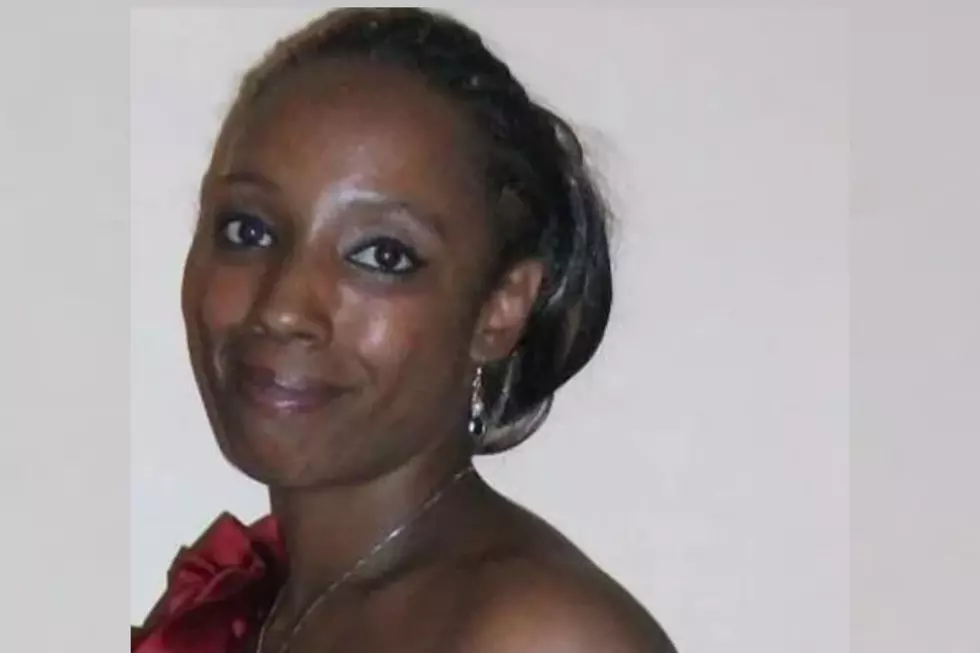
Mass. Minimum Wage Hike Backers Adopting Take-It-or-Leave-It Strategy
STATE HOUSE, BOSTON — The ballot proposal to raise the state's minimum wage to $15-an-hour is non-negotiable, according to a Raise Up Massachusetts insider who described the group's wage-floor hike effort as a take-it-or-leave-it proposition as legislators look to find a compromise that would keep that question and two others off the November ballot.
A new internal poll has imbued Raise Up Massachusetts, the coalition of labor, civic and religious organizations behind three ballot proposals this cycle, with strengthened confidence in its prospects for convincing voters to embrace a $15 minimum wage and reject a reduction in the sales tax.
While Raise Up leaders remain optimistic that talks between lawmakers and business groups will yield a compromise over paid family and medical leave, the grassroots group feels no impetus to negotiate over the wage increase, either separately or as part of a bigger deal, the source familiar with Raise Up's strategy told the News Service.
Raise Up plans in the coming weeks to ramp up its legislative lobbying efforts for the $15 minimum wage by staging a series of community briefings around the state, with events planned in Fall River and New Bedford, Springfield, Lawrence, Worcester, Boston, Lynn and Brockton.
"The legislature needs to hear from us, in every corner of Massachusetts, that it's time to pass Paid Family and Medical Leave and a $15 Minimum Wage," Field First organizer and Raise Up member Madeline McGill wrote in an email last Friday detailing the effort to coalition members.
The insider, who requested anonymity to discuss internal campaign and lobbying strategies, said the group "will not entertain changes that take people backward," including the creation of a lower wage for teenagers or the elimination of time-and-a-half pay on Sundays.
"Pass our bill," the person said.
A poll conducted by Kiley & Company in late January for Raise Up Massachusetts found that paid family and medical leave would be a slam dunk at the ballot box in November, while support for a $15 minimum wage was better than two-to-one.
A presentation of the poll's core findings, obtained by the News Service, also showed that despite strong support for a third ballot question lowering the state sales tax to 5 percent, it was vulnerable to negative messaging.
Those results have buttressed Raise Up's resolve to push forward with its ballot strategy for the minimum wage increase and resist pressure to cut a deal with business groups. The internal poll randomly sampled 600 registered and likely voters on both landlines and cellphones.
The sales tax reduction question polled as well as a minimum wage increase, but support waned as arguments against the reduction were introduced to voters.
Those negatives included claims that it would take money away from schools and transportation infrastructure and that a decrease in sales tax revenue would hurt the state's ability to make up for the loss of federal financial support for health care and other priorities due to the federal tax cut.
Support, the test showed, could be driven down from 68 percent to 50 percent after negative consequences were introduced, though the poll did not account for the arguments the Retailers Association of Massachusetts, which is behind the ballot question, might use to the sell the idea to voters.
Retailers Association President Jon Hurst has argued that small business owners feel ganged up on by the trio of ballot questions that also includes a constitutional amendment that would impose a surtax on income over $1 million.
Though Hurst has said he'd be open to withdrawing his sales tax question if other concessions are made, he has said he would first like to see the millionaire's tax question knocked off the ballot by the Supreme Judicial Court, which is weighing a business-backed challenge to that question's ballot certification.
Asked about the hard line Raise Up was drawing for legislators over the minimum wage, a coalition spokesman, Steve Crawford, said, "We're working hard to win passage of these bills in the legislature, but from the beginning, we've been prepared to take our two questions to the ballot if necessary."
The ballot question, and identical legislation, proposes to raise the state's minimum wage from $11 an hour to $15 in single dollar increments starting in 2019, and raise the minimum wage for tipped workers from $3.75 to $9 per hour, plus tips.
At a hearing late last month on the paid leave and minimum wage ballot questions, the Labor Committee's two chairmen Rep. Paul Brodeur and Sen. Jason Lewis both expressed their desire to find a way to resolve the issues within the Legislature before voters are asked to decide.
"Rep. Brodeur and I are very committed to working with all the parties to discuss and work through these two issues and we are hopeful that we are able to resolve these through the legislative process and they won't have to be on the ballot, but time will tell," Lewis said.
Negotiations between stakeholders over paid family and medical leave, which is viewed as the more complicated of the two proposals, have taken precedence for months on Beacon Hill, but the idea of striking a multi-faceted bargain has been hanging in the air.
House Speaker Robert DeLeo and Senate President Harriette Chandler have both stated their interest in resolving questions about paid family leave and the minimum wage before they reach the ballot.
And just this week, Sen. Stanley Rosenberg, who lost his power to influence the talks when he was forced to give up the Senate presidency, told the Springfield Republican that he thought it possible to combine talks over those two issues with the proposed ballot question to reduce the state's 6.25 percent sales tax to 5 percent.
Rosenberg, according to the newspaper, said it might be possible for all three questions to be "on the table and in the picture at the same time."
Brodeur, a Melrose Democrat, said last month that negotiations between lawmakers and stakeholders over paid family and medical leave and the minimum wage had not bled together, but he did not rule out the possibility that they could.
"Right now, not so much. Can I see that changing? Sure," Brodeur said, adding, "All the folks that are interested in all three things have cross-connecting relationships to the issues, but is everyone sitting at a table right now saying we'll give you a point on the sales tax for a buck on the minimum wage? No."
--Matt Murphy, State House News Service
More From WBSM-AM/AM 1420









